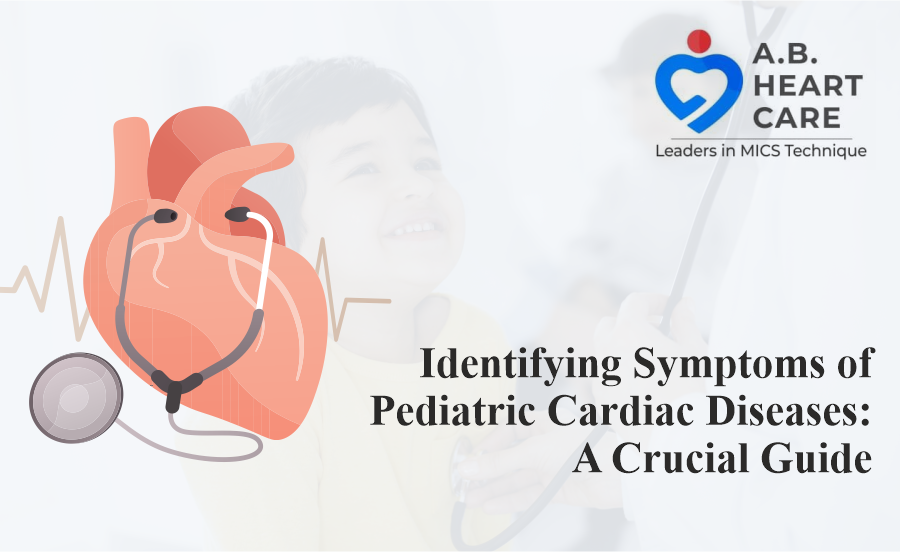Advantages of Minimally Invasive Heart Surgery

A Leading Cardiac Surgeon in Chandigarh Transforming Lives
June 27, 2023
Identifying Symptoms of Pediatric Cardiac Diseases: A Crucial Guide
August 24, 2023Advantages of Minimally Invasive Heart Surgery

Smaller Incisions, Quicker Recovery
Minimally invasive heart surgery has revolutionized cardiac care by offering a range of benefits over traditional open-heart procedures. A key advantage is the use of smaller incisions, leading to reduced trauma to surrounding tissues and a faster recovery period. Unlike the larger incisions required in open-heart surgery, minimally invasive techniques involve only small keyhole-sized openings. This shorter incision length translates to less pain for patients and a shorter hospital stay, allowing them to return to their daily lives more swiftly.
Reduced Risk of Infection
Minimally invasive heart surgery significantly lowers the risk of post-operative infections. With smaller incisions, there are fewer entry points for potential pathogens, decreasing the chances of infections taking hold. This aspect is especially crucial in heart surgeries, where infections can have serious consequences. The lowered risk of infection contributes to a smoother recovery process and enhanced overall patient safety.
Enhanced Cosmetic Outcome
The cosmetic benefits of minimally invasive heart surgery are noteworthy. The smaller incisions result in less visible scarring, boosting patients’ self-esteem and body image. This positive psychological impact can contribute to a better overall recovery experience, as patients feel more confident and satisfied with their appearance following the procedure.
Improved Surgical Precision and Outcomes
From a medical perspective, minimally invasive heart surgery offers improved surgical precision and outcomes. Advanced surgical tools and techniques allow surgeons to navigate complex cardiac structures with heightened accuracy. The smaller incisions do not compromise the precision required for delicate heart procedures. This increased precision translates to reduced blood loss, a decreased need for blood transfusions, and a lower risk of complications such as stroke.
Economic and Healthcare Benefits
The economic advantages of minimally invasive heart surgery extend beyond the individual patient. Shorter hospital stays and faster recovery times result in reduced healthcare costs. Additionally, these procedures free up valuable hospital resources, allowing medical facilities to provide care to more patients efficiently.
Conclusion
Minimally invasive heart surgery presents a multitude of advantages that are transforming the field of cardiac surgery. The technique’s smaller incisions, reduced infection risk, enhanced cosmetic outcome, improved surgical precision, and economic benefits collectively make it a compelling choice for both patients and medical professionals. As technology continues to advance, the ongoing refinement of minimally invasive techniques is expected to further amplify these benefits, offering renewed hope and improved quality of life for individuals dealing with cardiovascular conditions.

